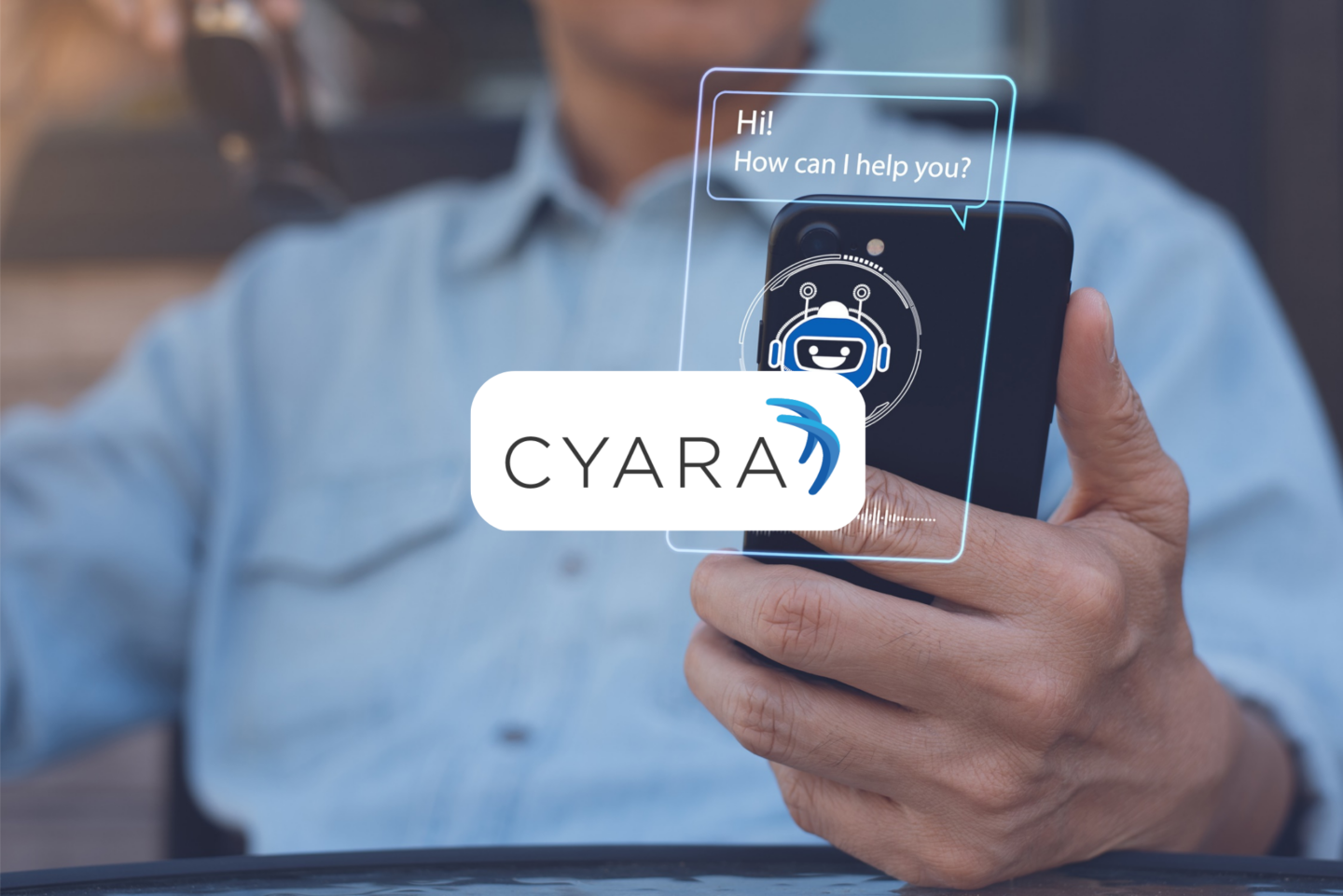Automated Customer Experience (CX) Assurance platform Cyara has released a worldwide study showing that although customers prefer using chatbots for support, many businesses are failing to provide a good chatbot experience, as they rely on them as their primary method of online communication. As a result, over half of the customers think their chatbot experience with a brand reflects the brand as a whole.
Conducted by Forrester Consulting, the survey polled 1,554 people from around the world who have used chatbots for sales or support in the past six months. The goal was to gather their opinions and experiences with chatbots to gain insights into their expectations.
According to the survey, chatbots are the most common channel consumers used to interact with brands in the last six months. Respondents rated their chatbot experiences at an average of 6.4 out of 10, while half reported feeling frustrated with their chatbot interactions. Unfortunately, almost 40% described these interactions as negative.
Some of the key findings include:
-
Customers opt for chatbots because they offer 24/7 support, quick response times, and independence. For example, efficiency is crucial for UK customers, as 77% said getting their questions answered quickly is the most important aspect of using a chatbot. Those customers who have used chatbots in the last six months preferred them over speaking to an agent. Despite this, customers often face difficulties while interacting with chatbots.
-
Nearly 75% of global customers think chatbots cannot handle complex questions. Many customers also found that chatbots often give inaccurate answers, and over half agreed it was challenging to find a solution to their issue using a chatbot. About half of the respondents said that the chatbot's responses and solutions were not relevant to their questions. In addition, over 50% of customers reported that they had trouble connecting with a human agent even after the chatbot had failed to help them.
-
Negative chatbot experiences can result in negative outcomes for businesses. These challenges drive customers to look for alternative and potentially more costly ways of interacting with a brand. As many as 30% of global customers stated that after a negative chatbot experience, they might switch to a different brand, cancel their purchase, or tell others about their bad experience with the brand.
-
Positive chatbot experiences benefit both customers and businesses. After a good chatbot experience, 61% of global customers said they would likely return to the brand. In addition, 56% of the global respondents are also more likely to use chatbots in the future and also recommend the brand to others.
“Delivering positive chatbot experiences has a critical impact on customer satisfaction and sales, and sub-par chatbots will not cut it for consumers today. Organisations that invest in quality assurance testing and training chatbots can provide customers with better and more consistent chatbot experiences. Businesses that strive to meet customers’ chatbot expectations can increase customer loyalty, boost brand reputation, and lower contact centre support costs since customers are less likely to seek out more expensive avenues of communication. And of course, satisfied customers lead to increased sales, which has a positive impact on a company’s bottom line,” said Dennis Reno, Chief Customer Officer of Cyara.
A recent report by Redpoint Global touched upon a similar topic, pointing out that positive customer experiences still require human interactions. Therefore, the lack of human interference alongside chatbots may be a possible issue.









